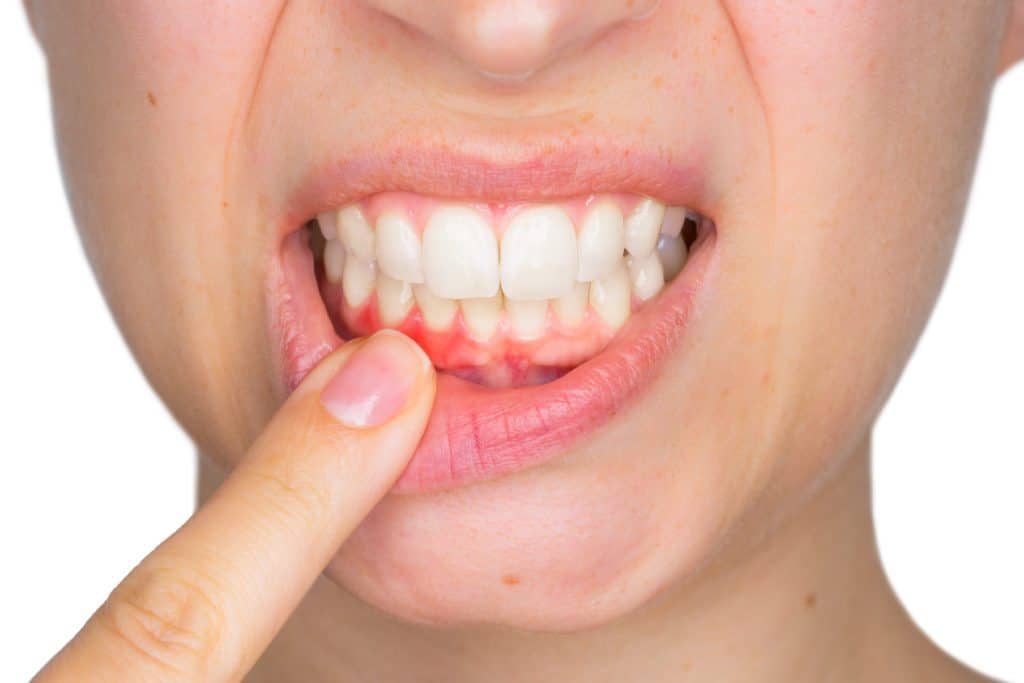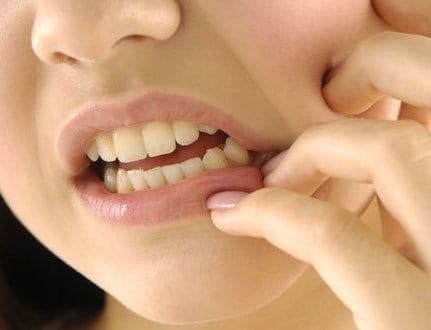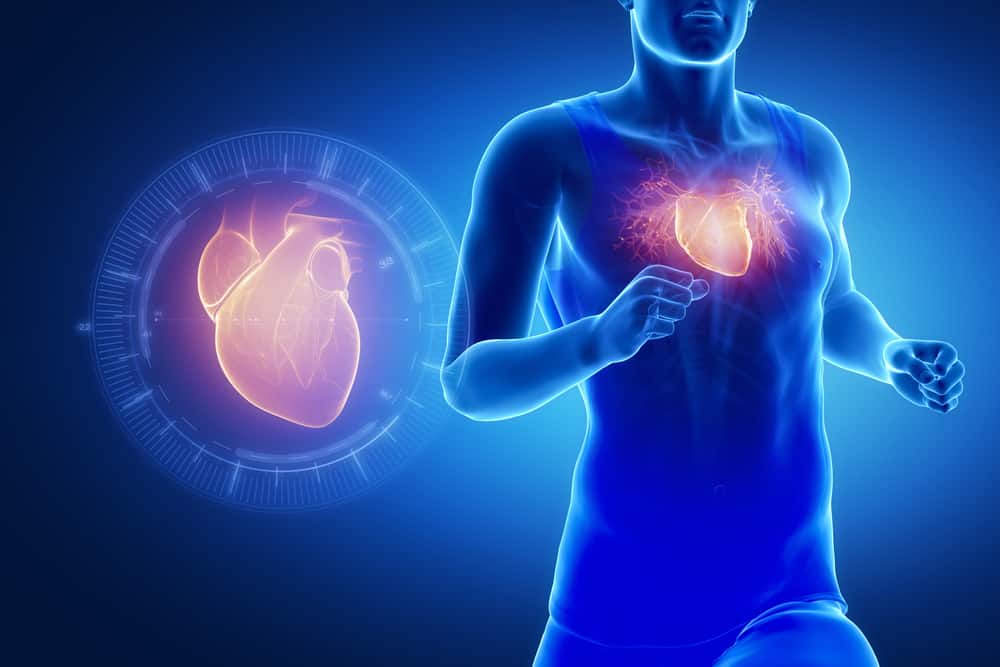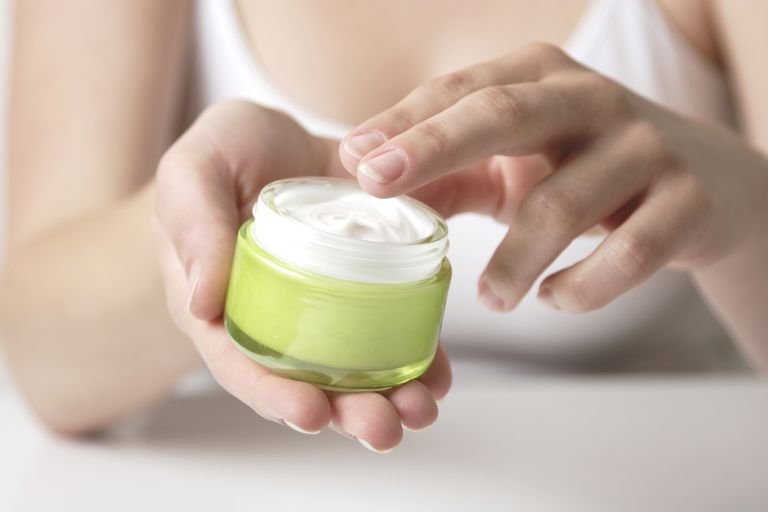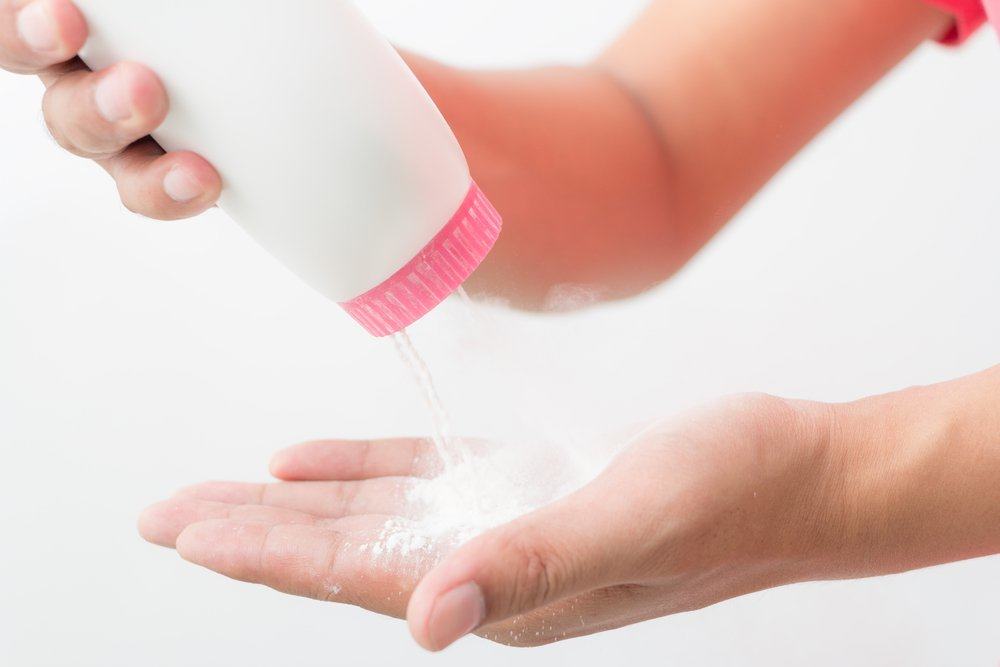Contents:
- Medical Video: Birth Control Pills
- What are the medications for PMS?
- 1. Painkillers
- 2. Birth control pills
- 3. Selective serotonin reuptake inhibitors (SSRI)
- 5. Gonadotrophin-releasing hormone (GnRH) analog
Medical Video: Birth Control Pills
Almost all women have faced PMS or premenstrual syndrome. This condition is indicated by mood which easily changes, stomach cramps, breasts are slightly swollen, until the body is limp. Unfortunately, there is no single drug that can work to treat a variety of PMS symptoms in all women.
Your choice of treatment will be based on your symptoms and how severe the side effects are.If you are given a prescription for PMS treatment, you may be asked to record changes to your symptoms so that you know how effective they are for you. If the treatment does not relieve your symptoms, you may be given an alternative prescription. You can use this prescription medication to relieve PMS symptoms. Here's the medicine for STDs that you need to know.
What are the medications for PMS?
1. Painkillers
Painkillers, including paracetamol and non-steroidal anti-inflammatory drugs such as ibuprofen and aspirin, can be bought freely. These medications can reduce some painful PMS symptoms such as abdominal cramps, headaches, and muscle and joint pain.
For the correct use of this drug, ask your doctor about the dosage and rules of use and read the information printed on the drug packaging. Children under the age of 16 should not take aspirin and people who have asthma should not take ibuprofen.
2. Birth control pills
Contraceptive pills or birth control can also help relieve menstrual pain that is felt. This drug serves to thin the uterine lining and also reduce the amount of prostaglandin compounds released by the body. When the uterine lining is thinning, the muscles do not need to contract more during menstruation, as a result menstrual pain will be lighter.
Contraceptive pills can also help relieve PMS symptoms in some women by preventing ovulation. However, not all women are suitable to use contraceptive pills as a medicine for PMS. In fact, for them it can have side effects similar to PMS symptoms, such as breast pain or mood which is easy to change.
3. Selective serotonin reuptake inhibitors (SSRI)
Serotonin is a neurotransmitter associated with feeling healthy and happy. In people who are depressed, serotonin production is low. An SSRI may be the most effective treatment if you have severe PMS or PMDD.
SSRI drugs such as citalopram, fluoxetine, and sertraline are antidepressants that can be taken daily to relieve fatigue, food cravings, sleep disorders, and major depression. SSRIs work by blocking serotonin so that nerve cells are not reabsorbed. This causes an increase in serotonin concentration, which can improvemood.
However, SSRIs may also have negative side effects that can outweigh the benefits. For example, nausea, insomnia, headaches, and loss of sex drive. Always consult the use of drugs for this PMS with your doctor first.
5. Gonadotrophin-releasing hormone (GnRH) analog
Gonadotrophin-releasing hormone (GnRH) analog is a synthetic hormone that creates "temporary menopause" and stops menstruation by blocking the production of estrogen and progesterone. This hormone is given by injection. GnRH analogues should only be given to women with severe PMS when all other treatments fail.
GnRH analogues often have side effects such as hot flashes, vaginal dryness, reduced sex drive, and osteoporosis.
GnRH analogues can only be consumed for up to six months. If taken more than six months, you are recommended to use hormone therapy (hormone replacement therapy or HRT) to reduce menopausal complications such as osteoporosis.


